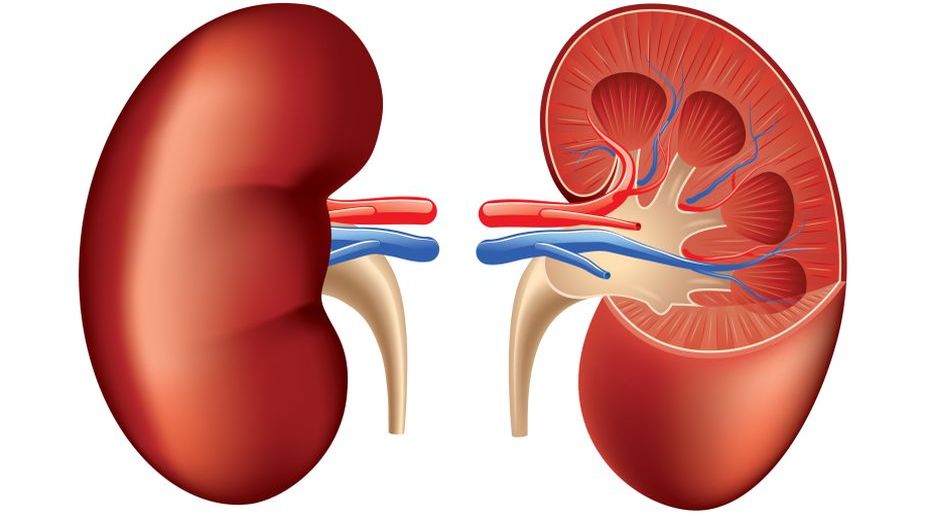Ramdev unveils natural solutions for kidney health with Patanjali
Baba Ramdev and Patanjali's experts discuss natural remedies for kidney health, introducing Renogrit and key herbs like Varun Chhal, Gokhru, and Pashan Bhed.

Representational image (Photo: Getty Images)
Kidney dysfunction is more common in women than men, said experts on World Kidney Day ~ a global campaign aimed at raising awareness on the importance of kidneys.
Yet, women are statistically far more likely to donate a kidney to a partner than receive one, according to a study released on Thursday to coincide with World Kidney Day and International Women’s Day.
Advertisement
Based on European data assessed, 36 per cent of women donate a kidney to their husbands in clinically suitable cases.
Advertisement
That compares with just seven per cent of clinically suitable men donating a kidney to their spouse, said the study by the International Society of Nephrology (ISN) and the International Federation of Kidney Foundations.
The study highlights how women are also liable to suffer from the most serious stages of chronic kidney disease (CKD) as they tend to live longer than male sufferers and take longer to reach a stage requiring a transplant.
“Although it is hard to pinpoint a specific reason for higher numbers of wives being donors than husbands, the evidence suggests women are motivated by the desire to help their family continue to survive,” said the past Indian Medical Association president Dr K K Aggarwal.
Available data shows some two thirds of kidney transplant recipients are men although the gender difference was less pronounced for donations by deceased men and women. Worldwide, the study found 14 per cent of women suffer from CKD compared with 12 per cent of men.
Chronic kidney disease in India is more common in women than in men, finds a survey by SRL Diagnostics. It shows that CKD in India is more common in elderly women, especially those over 85 years.
The survey showed that abnormalities in kidney function were an average of 11.36 per cent higher in women than in men (9.48%). It also showed that kidney function disorders were very common in the elderly, especially those over 85 years.
“Women have to face multiple socio-economic challenges that keep the concerns of their health secondary to men or family. They fall behind men in terms of timely diagnosis, accesses to healthcare and receiving treatment. Other than lacking awareness about the disease, the biological conditions such as menstrual cycles and pregnancy are conditions purely unique to women, and all this makes them more vulnerable to chronic kidney disease,” said Sandeep of Columbia Asia Hospital, Gurugram.
According to the Global Burden of Disease (GBD) study 2015, chronic kidney disease was ranked 17th among the causes of deaths globally with an annual death rate of 19·2 deaths per 1,00,000 population, the report said.
Advertisement